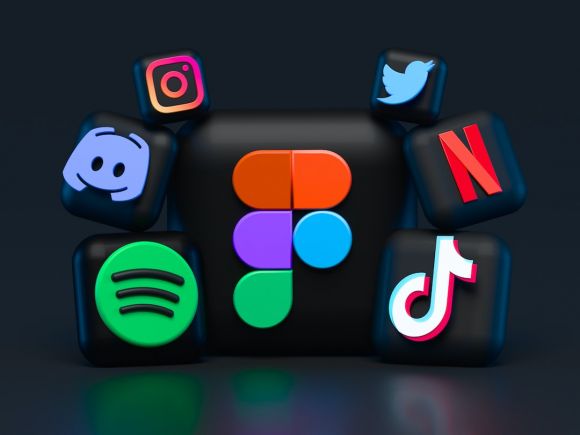In today’s digital age, social media has become an integral part of our lives. It allows us to connect with others, share our thoughts and experiences, and stay updated on current events. However, the impact of social media on our mental health has become a growing concern. While it has its benefits, such as fostering a sense of community and providing a platform for self-expression, excessive use of social media can have detrimental effects on our mental well-being.
Negative Effects of Comparison
One of the main factors contributing to the negative impact of social media on mental health is the constant comparison it promotes. We are bombarded with carefully curated and filtered images of other people’s seemingly perfect lives, creating an unrealistic standard of comparison. This can lead to feelings of inadequacy, low self-esteem, and even depression. It’s essential to remember that social media often presents a distorted reality, and it’s important not to compare our lives to these highlight reels.
Cyberbullying and Online Harassment
Another concerning aspect of social media is the prevalence of cyberbullying and online harassment. The anonymity and detachment provided by the online environment can embolden people to engage in hurtful behaviors they may not exhibit in person. This can have serious consequences for the mental health of those targeted, leading to increased levels of stress, anxiety, and even suicidal thoughts. It’s crucial to promote kindness and empathy online and take steps to address cyberbullying when it occurs.
Fear of Missing Out (FOMO)
The fear of missing out, commonly referred to as FOMO, is a phenomenon that has been amplified by social media. Seeing others engaging in exciting activities or attending events we were not invited to can trigger feelings of exclusion and loneliness. This constant need to be part of everything can lead to anxiety and a sense of dissatisfaction with our own lives. It’s important to remember that social media only shows a small fraction of reality and that everyone has their own unique experiences.
Negative Impact on Sleep Patterns
The excessive use of social media, especially before bed, has been linked to disrupted sleep patterns. The blue light emitted from screens can interfere with the production of melatonin, the hormone responsible for regulating sleep. This can lead to difficulty falling asleep, poor sleep quality, and daytime fatigue. Establishing a digital curfew and practicing good sleep hygiene can help mitigate these negative effects.
Social Isolation and Decreased Face-to-Face Interaction
Ironically, while social media aims to connect people, it can also contribute to social isolation and a decrease in face-to-face interaction. Spending too much time on social media can take away from real-life interactions and relationships, leading to increased feelings of loneliness and isolation. It’s important to strike a balance between online and offline socializing to maintain healthy relationships and overall well-being.
Protecting Your Mental Health
While it’s crucial to acknowledge the negative impact of social media on mental health, it’s also important to recognize the positive aspects it can offer. Social media can provide a sense of community, support, and a platform for self-expression. However, it’s essential to be mindful of our usage and take steps to protect our mental health.
Setting boundaries around social media usage, such as limiting screen time and taking regular breaks, can help maintain a healthy balance. Engaging in offline activities, spending time with loved ones, and practicing self-care are also important for fostering overall well-being. Finally, being aware of the potential negative effects of social media and actively challenging unrealistic comparisons can help protect our mental health in the digital age.
In conclusion, social media has undoubtedly changed the way we connect and communicate. However, the impact it has on our mental health cannot be ignored. By understanding and addressing the negative effects, we can harness the positive aspects of social media while protecting our well-being. It’s crucial to prioritize self-care and establish healthy boundaries to ensure that social media remains a positive force in our lives.
